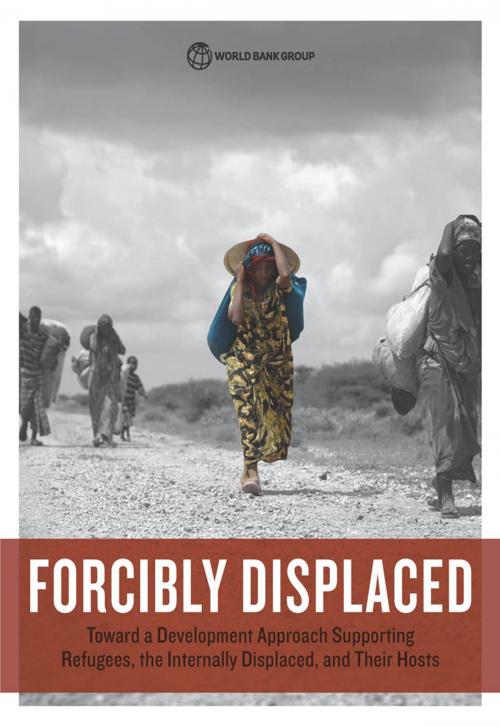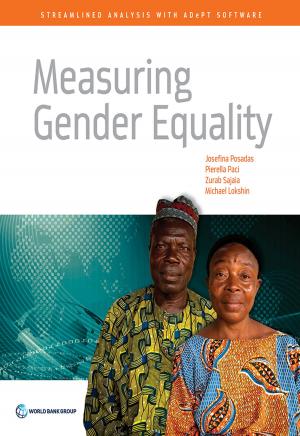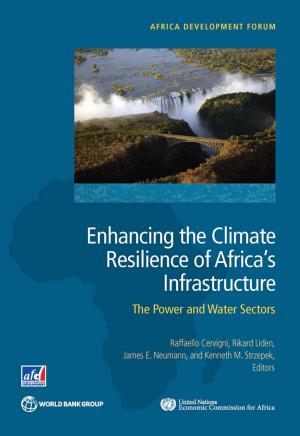Forcibly Displaced
Toward a Development Approach Supporting Refugees, the Internally Displaced, and Their Hosts
Business & Finance, Economics, Sustainable Development, Economic Development| Author: | World Bank | ISBN: | 9781464809392 |
| Publisher: | World Bank Publications | Publication: | August 1, 2017 |
| Imprint: | World Bank Publications | Language: | English |
| Author: | World Bank |
| ISBN: | 9781464809392 |
| Publisher: | World Bank Publications |
| Publication: | August 1, 2017 |
| Imprint: | World Bank Publications |
| Language: | English |
The Syrian refugee crisis has galvanized attention to one of the world’s foremost challenges: forced displacement. The total number of refugees and internally displaced persons, now at over 65 million, continues to grow as violent conflict spikes.This report, Forcibly Displaced: Toward a Development Approach Supporting Refugees, the Internally Displaced, and Their Hosts, produced in close partnership with the United Nations High Commissioner for Refugees (UNHCR), attempts to sort fact from fiction to better understand the scope of the challenge and encourage new thinking from a socioeconomic perspective. The report depicts the reality of forced displacement as a developing world crisis with implications for sustainable growth: 95 percent of the displaced live in developing countries and over half are in displacement for more than four years. To help the displaced, the report suggests ways to rebuild their lives with dignity through development support, focusing on their vulnerabilities such as loss of assets and lack of legal rights and opportunities. It also examines how to help host communities that need to manage the sudden arrival of large numbers of displaced people and that are under pressure to expand services, create jobs, and address long-standing development issues. Critical to this response is collective action. As work on a new Global Compact on Responsibility Sharing for Refugees progresses, the report underscores the importance of humanitarian and development communities working together in complementary ways to support countries throughout the crisis†•from strengthening resilience and preparedness at the onset to creating lasting solutions.
The Syrian refugee crisis has galvanized attention to one of the world’s foremost challenges: forced displacement. The total number of refugees and internally displaced persons, now at over 65 million, continues to grow as violent conflict spikes.This report, Forcibly Displaced: Toward a Development Approach Supporting Refugees, the Internally Displaced, and Their Hosts, produced in close partnership with the United Nations High Commissioner for Refugees (UNHCR), attempts to sort fact from fiction to better understand the scope of the challenge and encourage new thinking from a socioeconomic perspective. The report depicts the reality of forced displacement as a developing world crisis with implications for sustainable growth: 95 percent of the displaced live in developing countries and over half are in displacement for more than four years. To help the displaced, the report suggests ways to rebuild their lives with dignity through development support, focusing on their vulnerabilities such as loss of assets and lack of legal rights and opportunities. It also examines how to help host communities that need to manage the sudden arrival of large numbers of displaced people and that are under pressure to expand services, create jobs, and address long-standing development issues. Critical to this response is collective action. As work on a new Global Compact on Responsibility Sharing for Refugees progresses, the report underscores the importance of humanitarian and development communities working together in complementary ways to support countries throughout the crisis†•from strengthening resilience and preparedness at the onset to creating lasting solutions.















